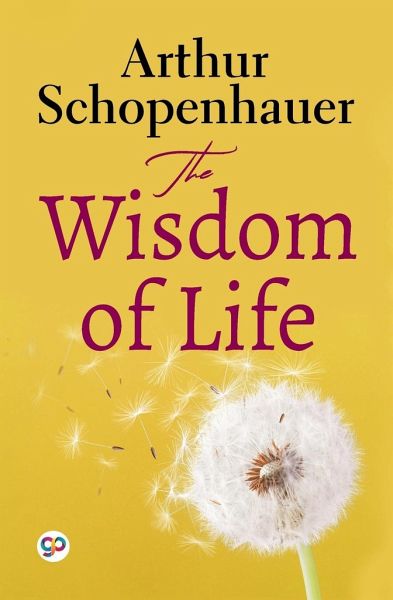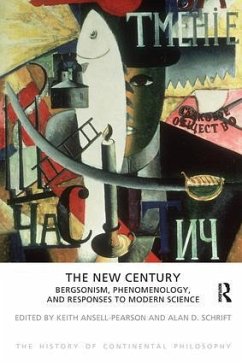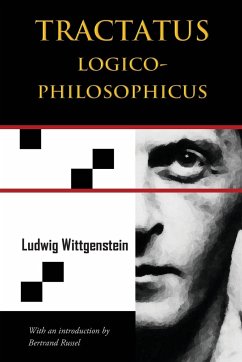
The Wisdom of Life (General Press)
Versandkostenfrei!
Versandfertig in 1-2 Wochen
12,99 €
inkl. MwSt.

PAYBACK Punkte
6 °P sammeln!
'The Wisdom of Life' is a short philosophical essay by the Nineteenth-century German philosopher Arthur Schopenhauer (1788-1860). In this last published work, Arthur breaks down happiness into three parts and explores the nature of human happiness, and tries to understand how one should order life so as to obtain the greatest possible amount of pleasure and success. Arthur championed individual strength of will and independent, reasoned deliberation above the irrational impulses that animated most of society. This essay offers guidelines for living life to its fullest and conveys a message tha...
'The Wisdom of Life' is a short philosophical essay by the Nineteenth-century German philosopher Arthur Schopenhauer (1788-1860). In this last published work, Arthur breaks down happiness into three parts and explores the nature of human happiness, and tries to understand how one should order life so as to obtain the greatest possible amount of pleasure and success. Arthur championed individual strength of will and independent, reasoned deliberation above the irrational impulses that animated most of society. This essay offers guidelines for living life to its fullest and conveys a message that a life well lived should always reach beyond itself to a higher plane. "For the more a man has in himself, the less he will want from other people,-the less, indeed, other people can be to him. This is why a high degree of intellect tends to make a man unsocial. True," -Arthur Schopenhauer, The Wisdom of Life














